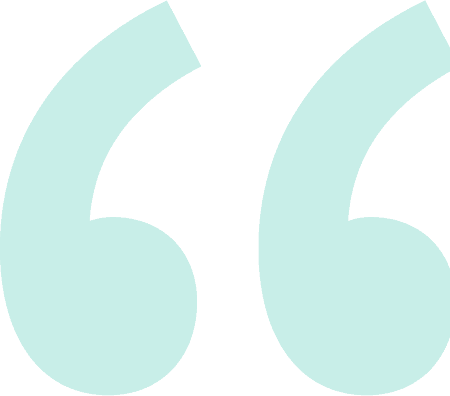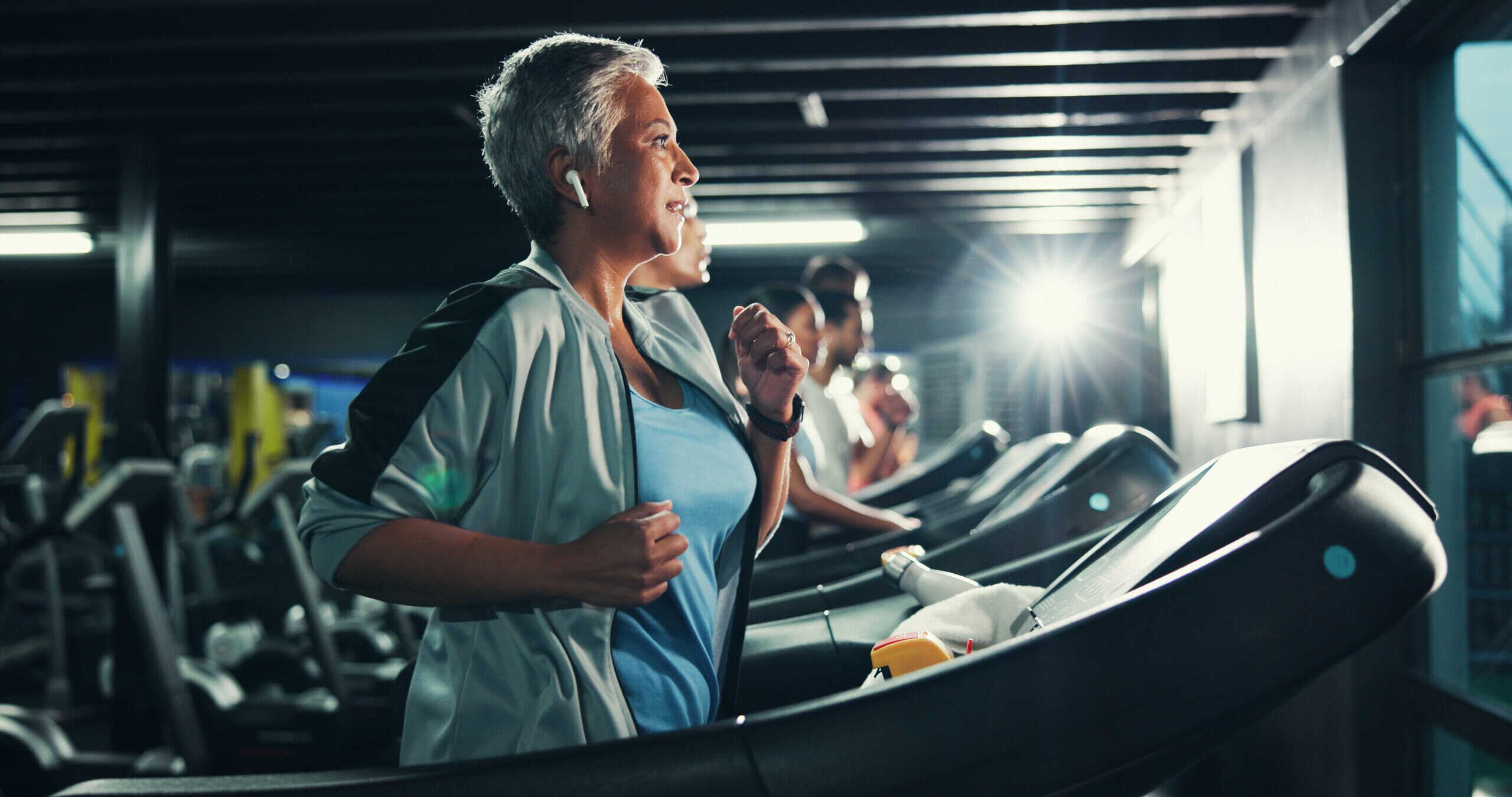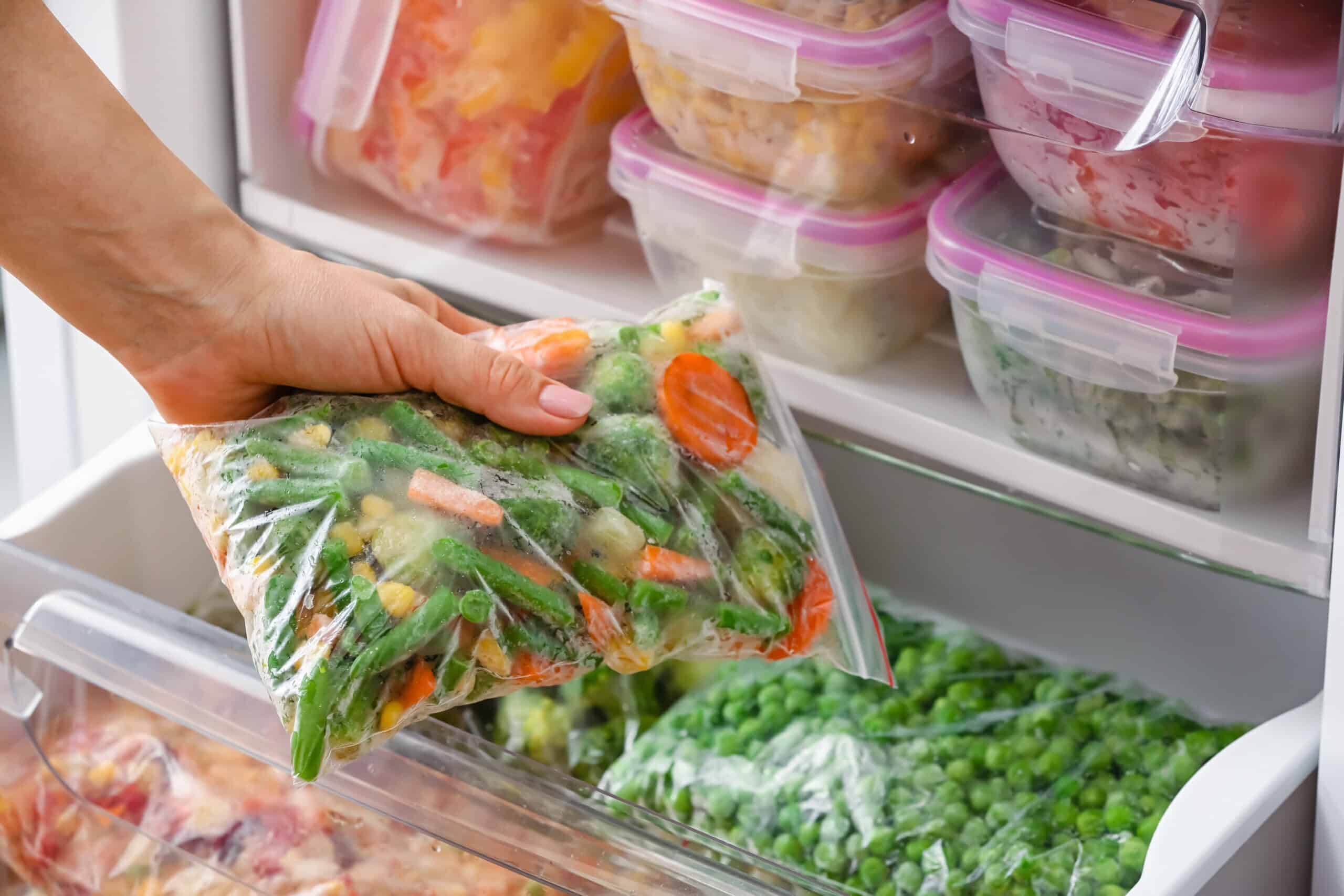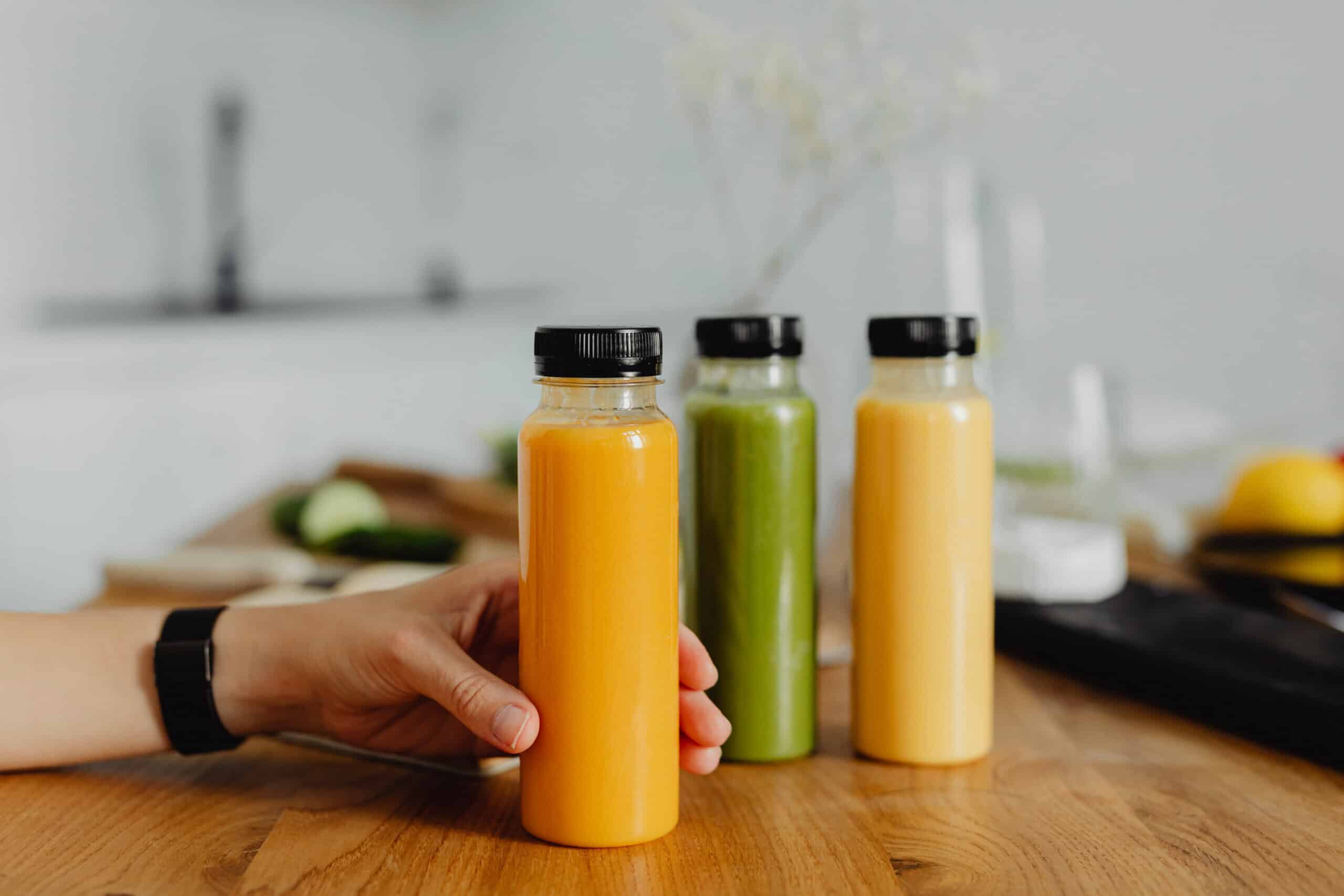Six Scientifically Proven Ways to Reset After Overeating
During the festive season where days tend to melt into each other, it can be difficult to maintain motivation to keep up healthy habits, and easy to adopt the idea you’ll start fresh in the new year. Overeating is quite common at this time of year and although it happens, very few of us know what to do the day after overeating to help get back on track.
Generally, the day after overeating, you experience feelings of increased hunger. This may be because of the poor nutritional quality of the meals you’ve been eating; meals high in carbohydrates will spike your blood sugar levels and will often leave you feeling like you need more. This is particularly so if you have insulin resistance.
The season also sees many people consume more alcohol than they typically would. Alcohol interacts with processes controlling appetite hormones, leptin and ghrelin. Leptin suppresses hunger, while ghrelin induces it. When you drink alcohol, ghrelin is elevated 1 which is often the reason you crave a bit to eat after a glass or two of wine, and even more the following day!
Luckily, getting back on track isn’t difficult. Here are a number of evidence-based things you can do after a day of two of overeating.
1. Eat a moderately low-carb, Mediterranean-style diet
The Mediterranean diet has been recognised through multiple trials to be one of the healthiest in the world. Rich in protein, vegetables, fibre and healthy fats, it forms the basis of all The Fast 800 recipes.
It’s important to eat meals rich in protein, fibre and healthy fats to help you feel fuller for longer. This will not only help to reduce mindless caloric intake through snacking, but research shows eating meals high in protein is more effective in reducing ghrelin levels 2, therefore your level of hunger.
Plus, a moderately low-carb, Mediterranean-style diet can improve and reduce the risk of type 2 diabetes, support good cardiovascular health, minimise potential consequences of metabolic syndrome and improve blood sugar levels.
If you’re struggling for inspiration, The Fast 800 online programme gives you access to meal plans created by our nutritionist, Gabi, so you’ll always have healthy options on hand. To start your day on the right track, have a look at our low-carb breakfast ideas.
2. Go for a long walk
Getting some fresh air is a great way to suppress your appetite and get your body moving. Studies recognise that even a short, 15-minute walk can have a huge impact on your hunger levels 3. Not only this, it’s great for clearing your mind and improving your mood on days when you’re feeling a little groggy – often the case after overeating sugar or simple carbohydrates.
3. Get moving
Exercise is a great way to regulate blood sugar levels 4 and suppress appetite. It’s common for people to feel stuck in a rut after a few days of no exercise and lots of eating, however, the earlier you can begin exercising again, the easier you will find it.

Don’t worry too much if you miss a few days, just try to get back on track as soon as you can, but do keep active and have a quick walk, even if it’s just around the block after a meal if you can.” – Dr Clare Bailey
The Fast 800 online programme has exercise plans for beginner, intermediate and advanced levels, which are simple to add to your daily routine. Get started with your free 7-day exercise plan
4. Stay hydrated
After a day of overeating, it’s important to drink more water than you usually would. Drinking water and herbal teas are an excellent way to curb hunger levels; a 2010 study recognised that increased water intake had an impact on reducing energy intake and moreover, obesity within participants 5.
It’s easy to confuse thirst for hunger because the cues your body sends for both are similar. Try to drink a glass of water when you’re feeling peckish and wait for 20 minutes before deciding whether it’s genuine hunger.
Join our email community
Learn more about The Fast 800 approach to healthy living by receiving our free content, health tips and recipes as well as exclusive offers, delivered straight to your inbox.
5. TRE
Time-restricted eating is a form of intermittent fasting where you limit the window of consuming calories. An example of this is eating between 8am and 8pm only and giving yourself a full 12-hour fast overnight. Both Dr Michael Mosley and Professor Mark Mattson recommend TRE, in the form of 12:12,14:10 or 16:8, fasting for 12, 14 or 16 hours. Professor Mark Mattson has completed numerous research studies, with his most recent recognising that TRE is beneficial for weight loss, fat burning, improved cognitive health and reversing insulin resistance.6
Increasing my TRE is a great way to reset after overindulging. I would usually do a 14:10 TRE for 4-6 days and this helps massively to get me back on track and feeling ready to go again.” – Charlotte, The Fast 800 Health Coach.
If you’re new to TRE, start with shorter fasts before increasing your fasting window until you hit a comfortable “sweet spot” that feels sustainable long-term – 16-hour daily fasts don’t work for every lifestyle, whereas 14 hours can be much more manageable. The Fast 800 online programme gives you ongoing support from expert Health Coaches to help incorporate TRE into your lifestyle simply and effectively. Find out more here.
6. Get a good night’s sleep
Sleep is often neglected around this time of the year and getting a good night’s sleep is important for multiple reasons. The combination of lack of sleep and poor quality of sleep that most experience over the festive season contributes to your desire to top up with sugary snacks throughout the day. A recent meta-analysis carried out by researchers at King’s College London found those that are sleep deprived consume an extra 385 calories, on average, each day.7
Losing weight, supporting metabolic health and improving your quality of sleep go hand-in-hand. Those that follow The Fast 800 online programme see improvements in their sleep after just a few weeks.

I did this 12-week programme, lost 14kg and my blood pressure dropped dramatically, which was a good thing as it was dangerously high. I dropped from a size 14 to a size 12! I lost 10 inches. This is the only diet and way of eating I will happily stick to as I’m sleeping better too! Try it, it works, it really works!” – Nikki, The Fast 800 online programme member
If you have overindulged, it’s important to simply enjoy the moment you had and start again the following meal or day. Incorporating all of the above might seem a little daunting, however, The Fast 800 online programme guides you through them all in a simple, structured and effective way.
Addolorato G, Capristo E, Leggio L, Ferrulli A, Abenavoli L, Malandrino N, Farnetti S, Domenicali M, D’Angelo C, Vonghia L, Mirijello A, Cardone S, Gasbarrini G. Relationship between ghrelin levels, alcohol craving, and nutritional status in current alcoholic patients. Alcohol Clin Exp Res. 2006 Nov;30(11):1933-7. https://pubmed.ncbi.nlm.nih.gov/17067359/
Wendy A M Blom, Anne Lluch, Annette Stafleu, Sophie Vinoy, Jens J Holst, Gertjan Schaafsma, Henk F J Hendriks. Effect of a high-protein breakfast on the postprandial ghrelin response. Am J Clin Nutr. 2006 Feb;83(2):211-20. https://pubmed.ncbi.nlm.nih.gov/16469977/
Cindy L. Carmack, Ph.D., Edwin Boudreaux, Ph.D., Marta Amaral-Melendez, Ph.D., Phillip J. Brantley, Ph.D., Carl de Moor, Ph.D., Aerobic fitness and leisure physical activity as moderators of the stress-illness relation. Annals of Behavioral Medicine, Volume 21, Issue 3, September 1999, Pages 251–257. https://pubmed.ncbi.nlm.nih.gov/10626033/
Kirwan J.P,Sacks J, Nieuwoudt. The essential role of exercise in the management of type 2 diabetes. Cleve Clin J Med. 2017 Jul; 84(7 Suppl 1): S15–S21. https://www.ncbi.nlm.nih.gov/pmc/articles/PMC5846677/
Daniels MC, Popkin BM. Impact of water intake on energy intake and weight status: a systematic review. Nutr Rev. 2010 Sep;68(9):505-21. https://pubmed.ncbi.nlm.nih.gov/20796216/
Al Khatib HK, Harding SV, Darzi J, Pot GK. The effects of partial sleep deprivation on energy balance: a systematic review and meta-analysis. Eur J Clin Nutr. 2017 May;71(5):614-624. doi: 10.1038/ejcn.2016.201. Epub 2016 Nov 2. PMID: 27804960.









